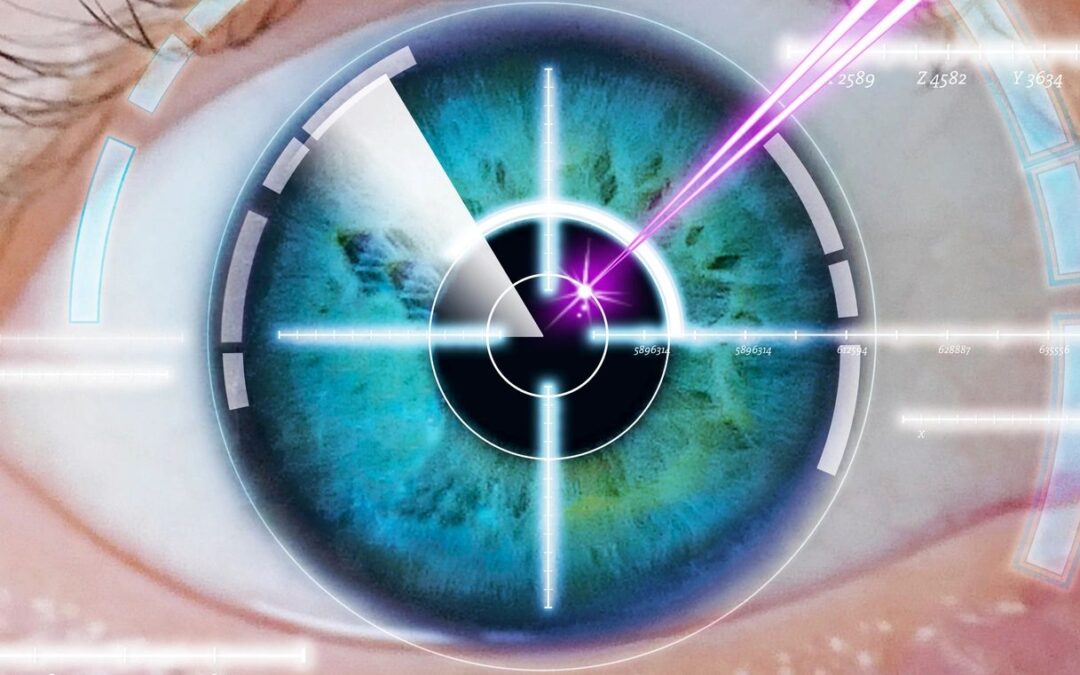
by Matthew Johnson | Sep 5, 2025 | Federal Circuit Appeal, Final Written Decisions, PTAB News
By: Daniel C. Sloan and Matt Johnson – On July 29, 2025, Chief Administrative Patent Judge Scott R. Boalick circulated a memorandum to Members of the PTAB entitled “Final Written Decision Procedures for AIA Trial Proceedings.” Absent extraordinary...

by Matthew Johnson | Jun 27, 2025 | Final Written Decisions, PTAB News, Request for Reconsideration
By Ned LaDuca,* Matt Modderman, Matt Johnson – A Delegated Rehearing Panel (“DRP”) recently modified the PTAB’s construction of the claim term “workload” and remanded, giving Mercedes-Benz USA, LLC (“Petitioner”) another opportunity to challenge a processor...

by Matthew Johnson | Sep 20, 2024 | Estoppel, Evidentiary Issues, Final Written Decisions, PTAB News
By Fabian Bramwell,* Daniel Sloan, Jen Bachorik, and Matt Johnson – On June 6, 2024, the PTAB issued a Final Written Decision concluding claims 1-6 of U.S. Patent No. 8,899,655 B1 (“the ’655 patent”) unpatentable. Yita LLC v. MacNeil IP LLC, IPR2023-00172,...

by Matthew Johnson | Jun 14, 2024 | Evidentiary Issues, Final Written Decisions, Prior Art Issues
By Hailey Stewart,* Evan Tassis and Matt Johnson – In a Final Written Decision, the PTAB declared claims of a patent unpatentable after finding the patent was not entitled to the earlier priority date of the anticipatory reference in Platinum Optics Technology,...

by Jennifer Chheda, Ph.D. | May 13, 2024 | Final Written Decisions, Prior Art Issues, PTAB News, Request for Reconsideration
By Jennifer Chheda and Daniel Sloan – In denying Petitioner Medivis, Inc.’s (“Medivis”) Request for Rehearing of the Patent Trial and Appeal Board’s (“PTAB”) Final Written Decision (“FWD”) in Medivis, Inc. v. Novarad Corp. inter partes review, the PTAB found...

by Matthew Johnson | Mar 29, 2024 | Claim Construction, Final Written Decisions, PTAB News, PTAB Trial Basics
By Sue Gerber and Matt Johnson – It goes without saying that claim construction is an important issue, but the PTAB’s recent decision in Netflix, Inc. v. DIVX, LLC, IPR2020-00558, Paper 66 (PTAB Feb. 22, 2024), shows not only that reasonable minds can differ...







